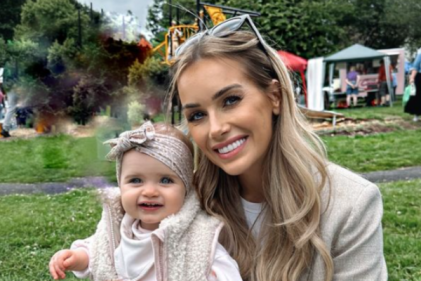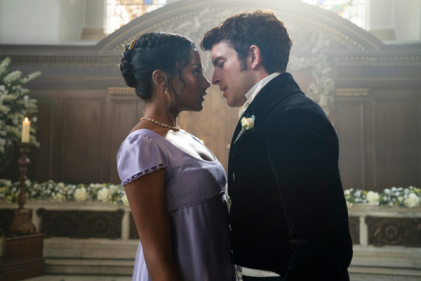
This past month has been an exciting month for mums and dads, their babies, and the practitioners who work with them - especially those concerned with emotional wellbeing. We have had Infant Mental Health Awareness Week and Conferences both, by Parent Infant Partnership (PIP UK) and the Perinatal Faculty of the British Psychological Society, which featured three parents’ stories of their journeys through emotional turbulence during and following pregnancy. Three brave and passionate parents - two mums and a dad - got up in public to share their stories. Their motive was to raise awareness of their experience and the people who helped them to recover. In all cases, the parents had no history of emotional disturbance prior to their pregnancy and did not know what was happening. They pointed out that emotional problems during pregnancy can happen to anyone, as they were all previously ‘normal’ people.
They reminded me of a story I read about a mum and baby in ‘Ghosts in the Nursery’ (Karr-Morse & Wiley 1997), which illustrates how normal people can easily get into difficulties following childbirth. Anthony’s mum, Elizabeth, was an outgoing young lawyer. She had a normal and drug-free birth with him; however, she was unable to breastfeed him, and many formula milk options did not suit him either. Elizabeth noticed he had an intense, high pitched ‘angry-sounding’ cry. He did not sleep well, and the slightest noise woke him up. Anthony seemed irritable, but did not like cuddles or being held. Elizabeth began to blame herself, and she lost confidence and became anxious and distraught. She was advised to try antidepressants.
This story or similar versions of it will be familiar to many new mums, and it certainly is for me. However, rather than antidepressants, what Elizabeth needed was a little understanding about her baby. Anthony had what we now call a ‘fussy’ temperament - he could not tolerate very much stimulation from any of his senses without getting overwhelmed, distressed and resorting to his angry cry to make it all stop. What he needed was to have reduced stimulation and to explore the world at his own pace. Once Elizabeth realised this, she adapted Anthony’s environment by limiting visitors, using a sheet to reduce visual stimulation, and letting him take things at his own pace. Anthony and Elizabeth then began to enjoy each other. By the time he was six months, she perceived herself to be competent and was proud of her son’s ‘high-spirited’ approach to life.

Quizzical looks often abound when the topic of Infant Mental Health is raised, as if babies do not have ‘mental health’ as they are far too young to be aware of such things. They are not. Without her understanding of her baby’s needs, Elizabeth might have continued to blame herself or become increasingly frustrated with him. Anthony, in response, may have become increasingly irritable and angry, or taken another path and withdrawn from Elizabeth as much as possible. In either scenario, these emotional difficulties, for Anthony, if left unchecked, provide a foundation from which poor mental health can develop.
I applaud the parents and professionals who raise awareness and provide help for normal parents who just need a little understanding of their babies to help them thrive.













